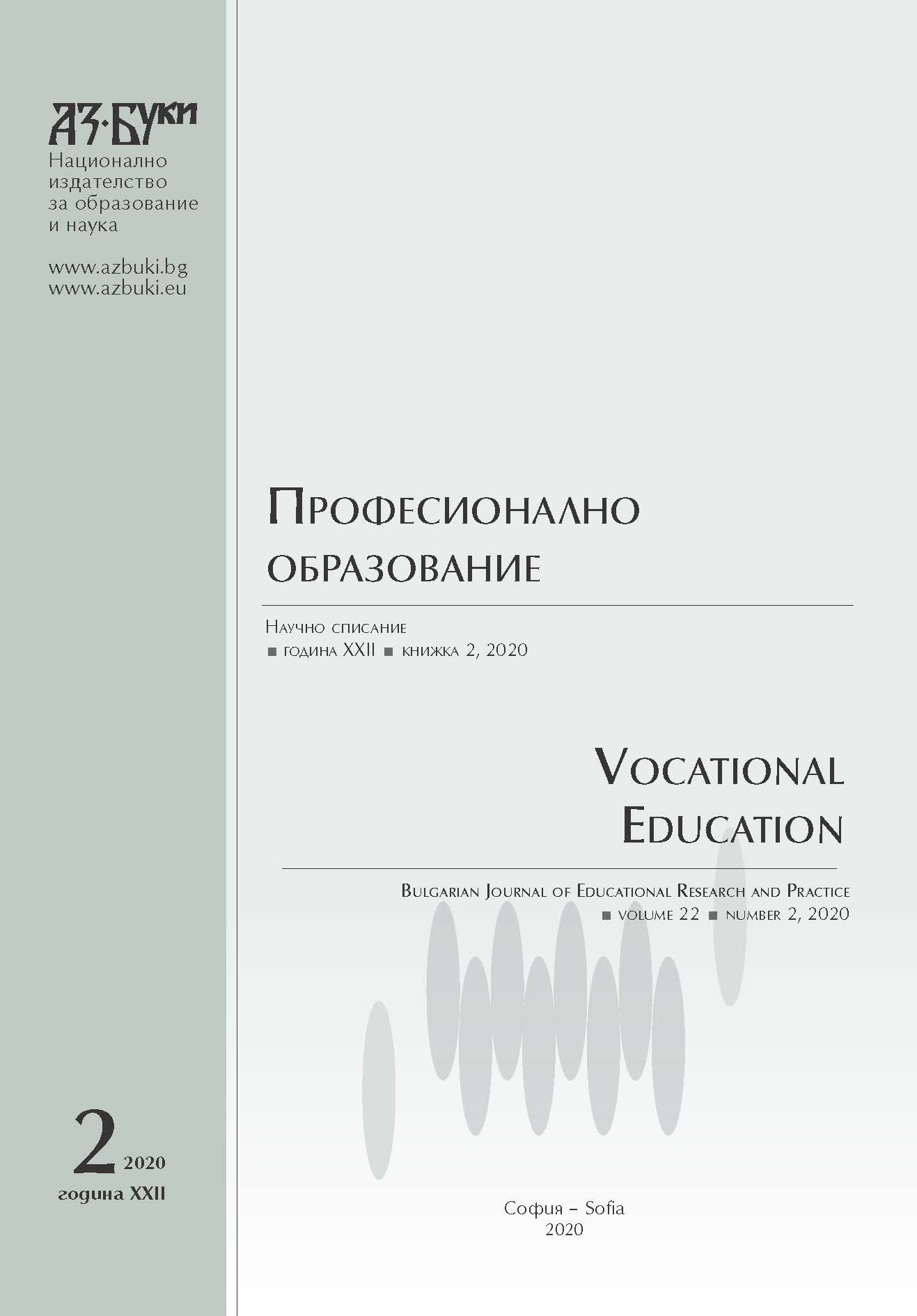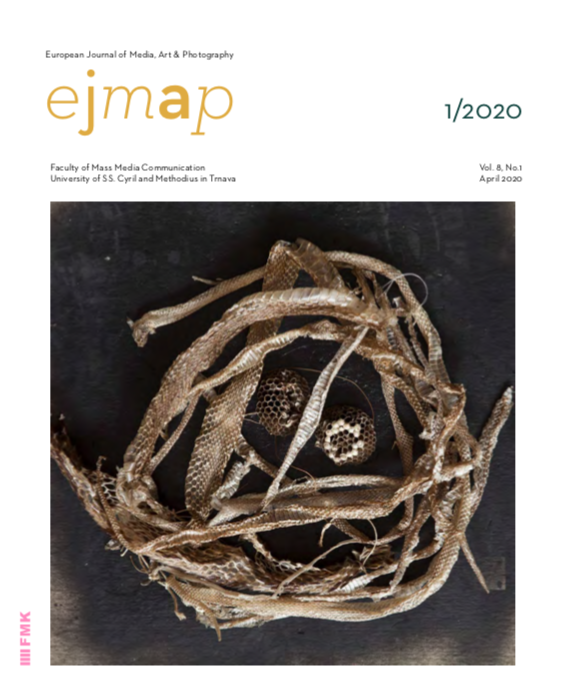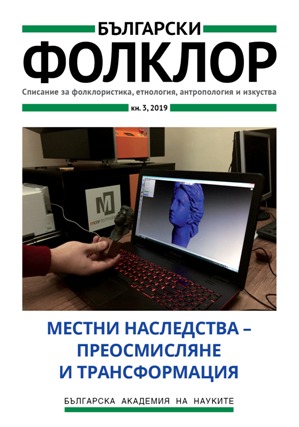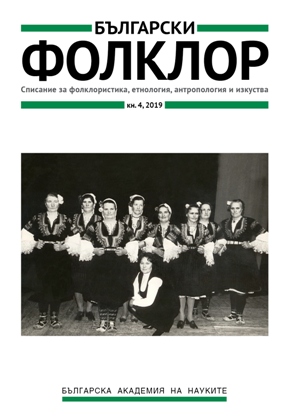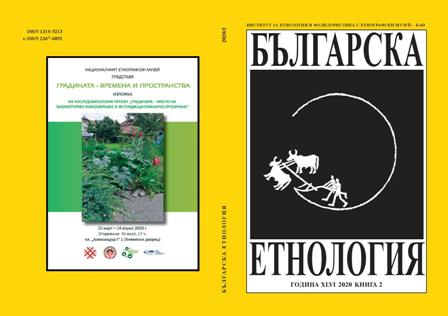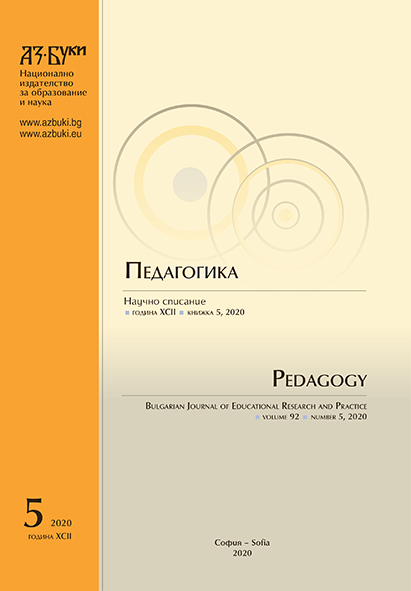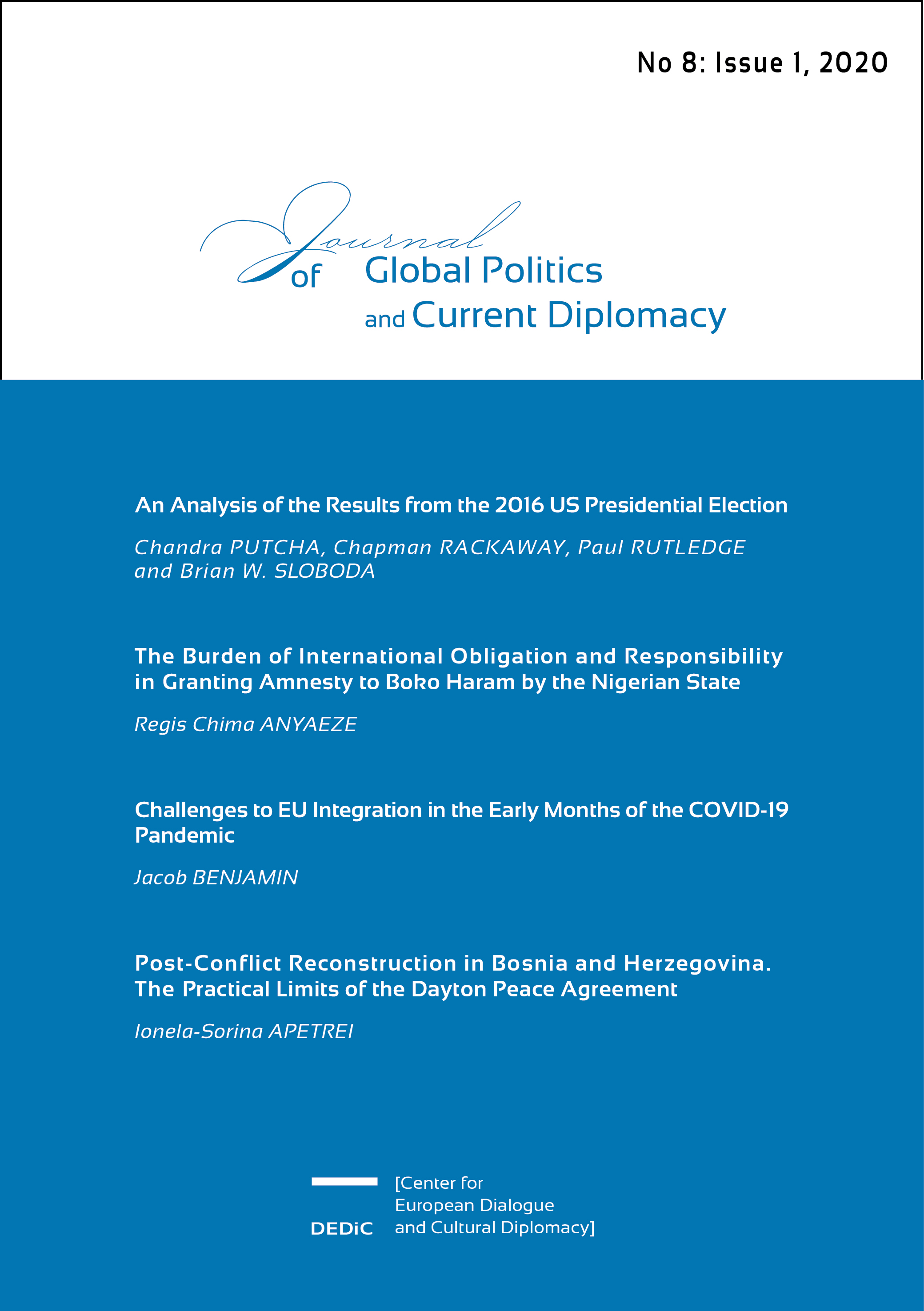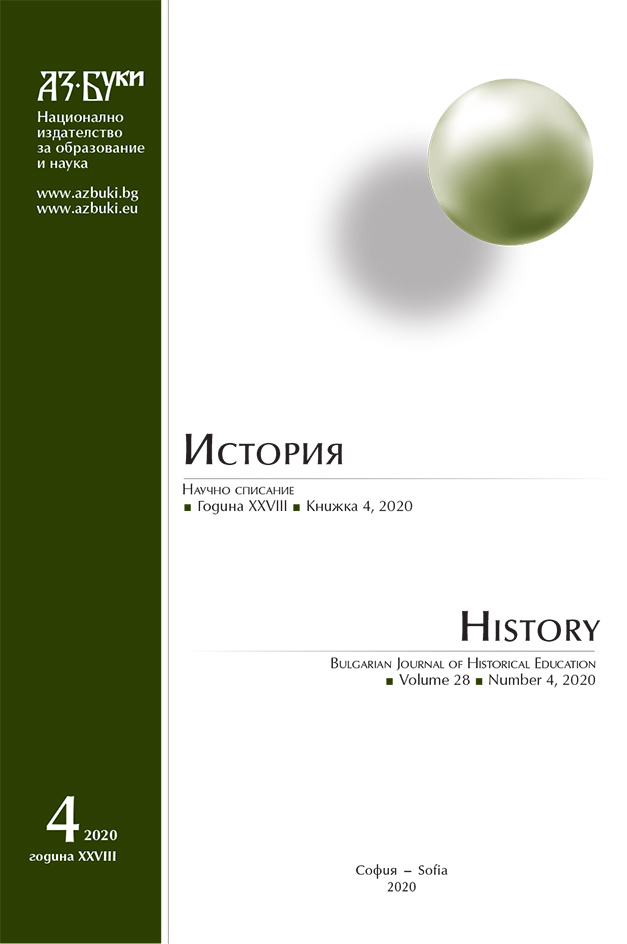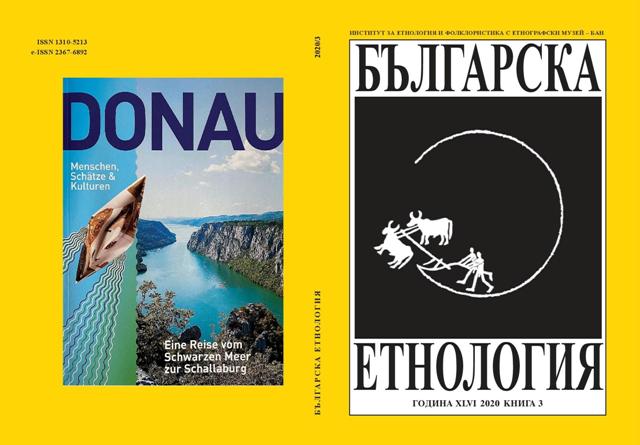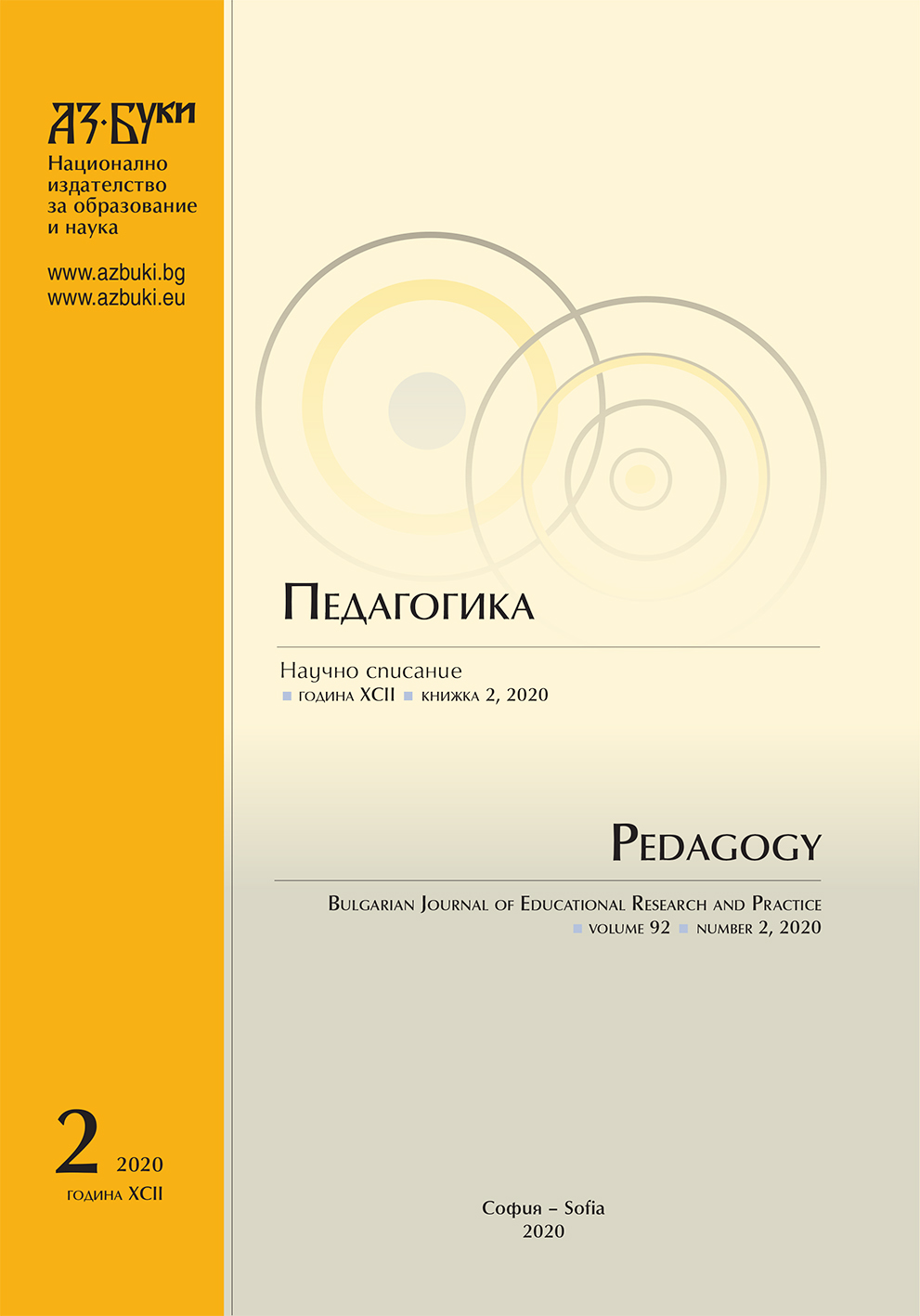
Справяне с предизвикателното поведение при работа с деца в училищна и извънучилищна среда
The current publication is focused on the main characteristics of challenging behavior and the possible social-pedagogical approach that pedagogical staff members can use to manage it. The approach is applicable to both – school and out-of-school context. It describes the main logic of the support of children with emotional and behavioral difficulties and can be applied in various ways. In this current publication the challenging behavior is shown as a whole process that can be managed by the pedagogical staff members through different strategies for prevention, intervention and support.
More...
